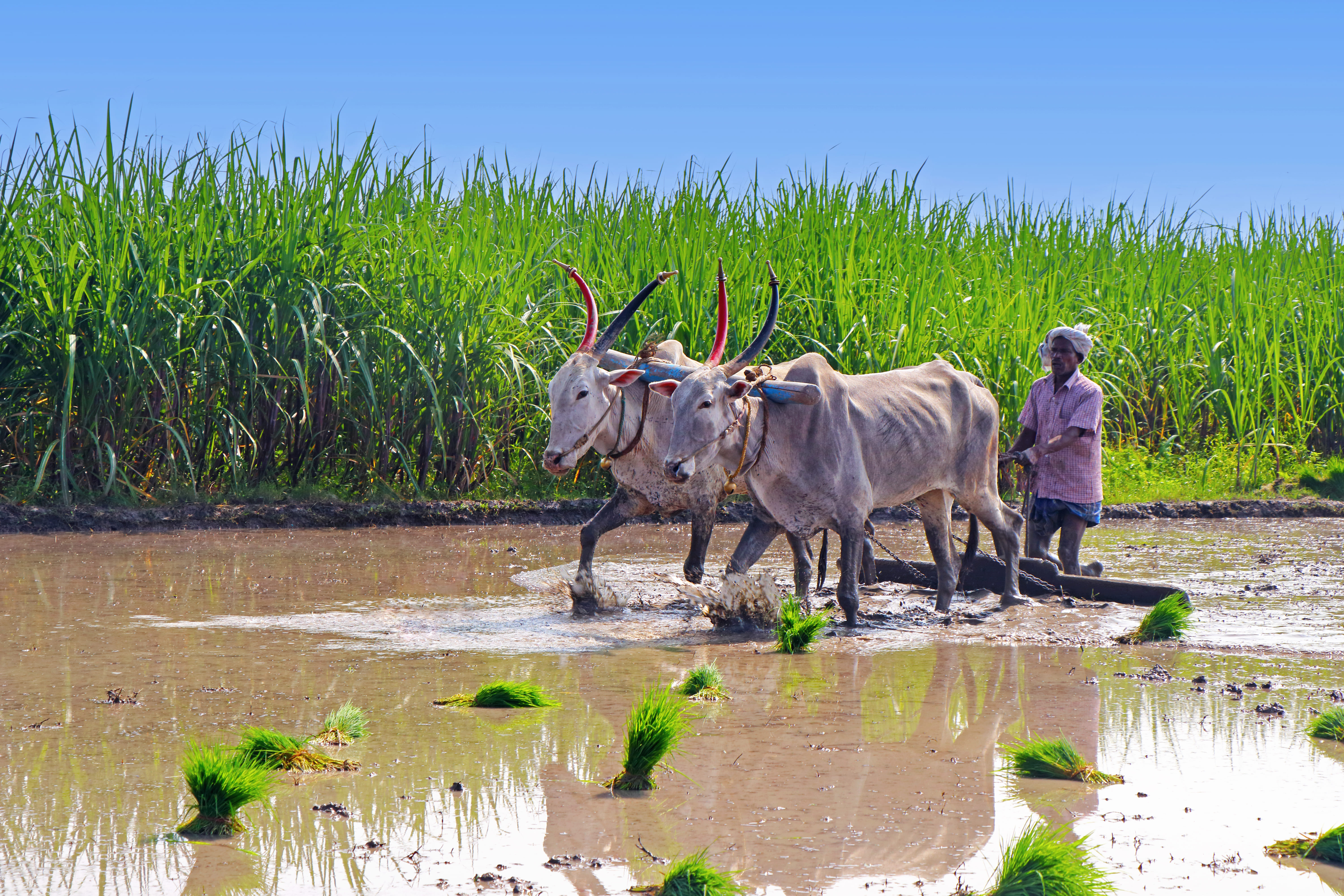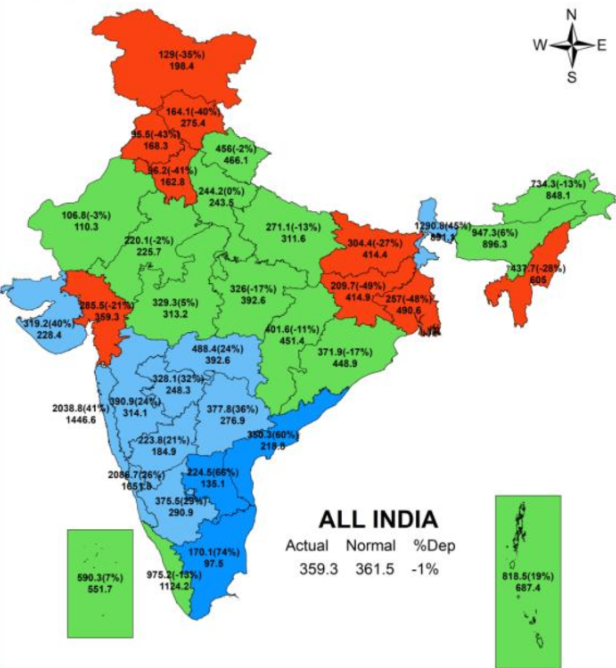Decarbonisation (reducing carbon emissions) has become a crucial global objective to combat climate change and its adverse effects. In Indian agriculture, decarbonisation is paramount due to the sector’s significant contribution to GHG emissions and its vulnerability to climate change impacts. The Government has also launched the National Mission for Green India, aiming to create 2.5-3 billion tonnes of carbon sinks by 2030.

But what are its benefits?
- Reducing Greenhouse Gas Emissions: Indian agriculture is a significant emitter of GHG, resulting from various agricultural activities such as synthetic fertilisers, inefficient irrigation techniques, stubble burning, and livestock rearing. By adopting sustainable practices, such as precision farming, organic fertilisers, efficient irrigation methods, and methane capture from livestock waste, emissions can be significantly reduced, leading to a healthier environment.
- Enhancing Climate Resilience: Decarbonization efforts can improve the sector’s resilience by promoting climate-smart agricultural practices. For instance, adopting climate-resilient crop varieties, agroforestry, and conservation agriculture can help farmers adapt to changing climate conditions, improve soil health, and conserve water resources.
- Sustainable Resource Management: Traditional farming practices rely heavily on chemical inputs, leading to soil degradation, water pollution, and biodiversity loss. Transitioning towards organic farming and agroecological approaches can mitigate these negative impacts and improve soil fertility, water quality, and overall ecosystem health.
- Mitigating Rural Poverty and Food Security: Decarbonization initiatives can help alleviate rural poverty by creating employment opportunities in renewable energy, sustainable agriculture, and rural infrastructure development. Decarbonisation can enhance agricultural productivity by promoting diversified and resilient farming systems, ensuring food security for the growing population.
- International Commitments and Cooperation: Decarbonization in Indian agriculture aligns with global commitments, such as the Paris Agreement, where countries strive to limit global warming to below 2° Celsius. By adopting sustainable agricultural practices, India can contribute to international efforts to mitigate climate change while positioning itself as a leader in sustainable development.

Conclusion
Decarbonisation in Indian agriculture is critical to building a sustainable and climate-resilient future. AgriKnow (GAP) by agribazaar suggests sustainable & climate-friendly farming techniques and approaches for farmers to help them contribute to reducing carbon emissions and maintaining a healthier yield & farm.
Collaboration between farmers, policymakers, researchers, and international partners is essential to implement and scale up decarbonisation initiatives, ensuring a greener and more prosperous future for Indian agriculture.







 Connect With Us
Connect With Us